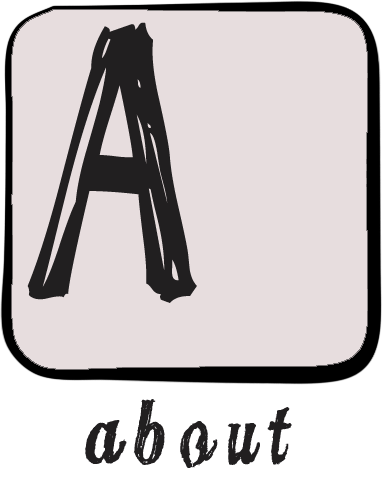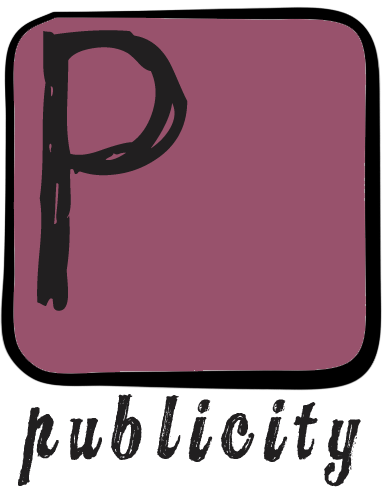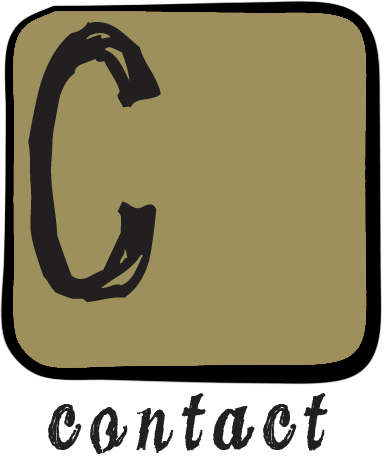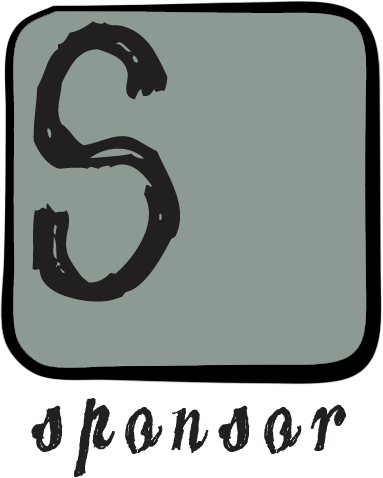Budding writers are usually encouraged to join at least one. And most of us like the idea of other writers reading our work and giving us suggestions and encouragement. After all, we are all hungry to have somebody read our work, and in the beginning, at least, there are few people we can turn to outside family and friends. So a critique group, made up of other writers some of whom are more experienced and savvy than we are, can seem like a very positive step toward becoming a "real" writer.
Of course we all know people who are too shy or self-conscious or insecure about their work to let anyone read it. But there's not much point in writing if no one is ever going to see it. Words are nothing if not a mode of communication. So these writers usually get over their reluctance if they're serious about their work. Or they quit. Or they settle for writing as a form of self-expression only and see their efforts as journaling.
It can be exciting to read our work for the very first time to a group of other writers. It can also be terrifying. I know the first time I did it, my heart was beating out of my chest and my hands were trembling so much I could barely hold the paper. And when I was through, when I lay the paper down and dared to look up at the faces around the table, it felt like an ultimate judgment was about to be rendered, as if everything I had done or would ever do was about to be validated as great writing or condemned as trash.
And perhaps that's the problem, at least for naive writers. We don't yet have the discernment to separate the wheat from the chaff in our critique groups. It takes experience to realize that sometimes the people commenting on our work are dead wrong, or at least only partly right. It takes time to figure out which members of our group we should listen to and which we should ignore. It takes a degree of wisdom to realize that writers are only other human beings and have their own sets of motivations, insecurities, needs, blind spots and desires.
The most important thing we can do when listening to critiques of our work is to "consider the source." But it takes experience and understanding before we are able to do that.
Here are some advantages of joining a critique group:
- A readymade audience for your work.
- Sharing information about agents, publishers, contests, conferences, etc.
- Sharpening your skills both by receiving critiques and by analyzing the work of others.
- Hearing your work by reading it aloud. (A particular advantage for improving dialogue).
- Giving and receiving encouragement and suggestions.
- Forming a support group of fellow writers who understand your struggles and triumphs.
Here are some disadvantages:
- Dealing with the personalities and idiosyncrasies of the members.
- The difficulty of leaving your ego at the door so that you can really "hear" critiques.
- The difficulty of giving critiques without your own ulterior motives interfering.
- The challenge of figuring out what is valid criticism and what isn't.
- Listening to work you don't really like, would never read if left to your own devices.
- Spending time on other people's work you could be spending on your own work.
In my own writing life, I spent quite a few years belonging to critique groups. Sometimes I found the experience very valuable. Other times I found it debilitating.
At this point, I do not belong to a critique group and haven't for several years. Why? Because I've reached a point in my writing when I no longer believe I can benefit from it. Not that I don't seek out the opinions of others. I always use beta readers for my work because, once I've finished a couple of drafts of a novel, I know I'm too close to it to see it clearly. I need the feedback of others.
But I don't struggle through my first draft with the help of a group. I'd rather use my own instincts as a writer to carve out my story.
What about you? Have you joined a critique group? Has it been a positive experience? Negative? Or mixed? Does it still work for you?







very informative Lee,I can relate to this from my art groups.
ReplyDelete